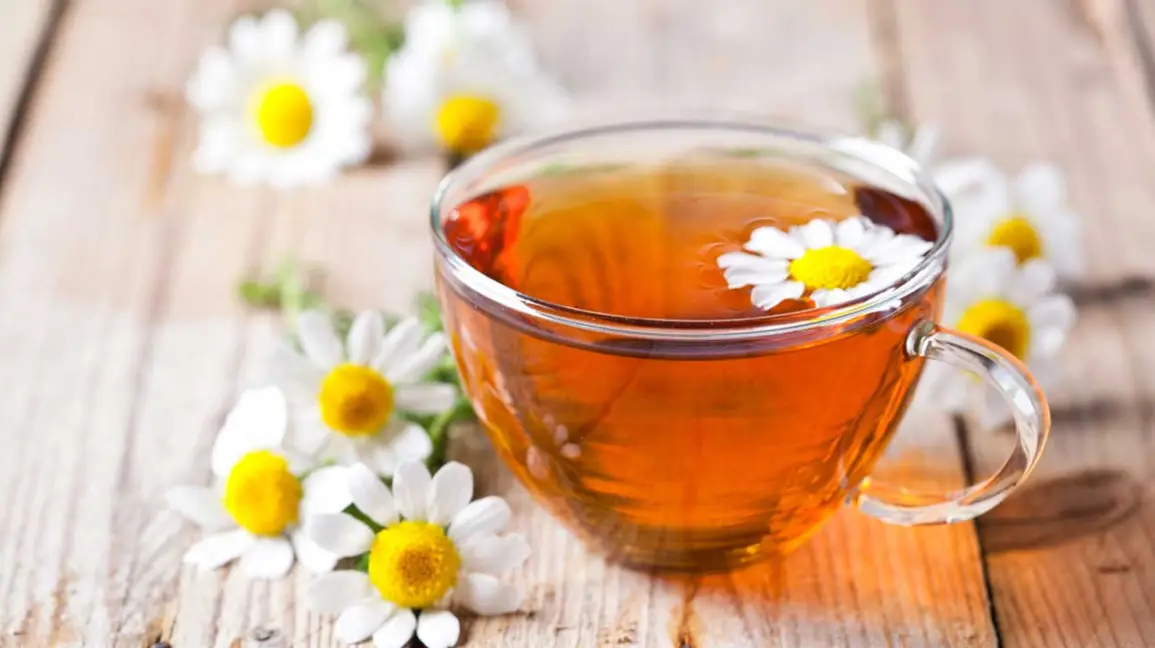Lifestyle Pairings with Digestive Tea That Boost Effectiveness

In today’s fast-paced world, digestive health often takes a backseat. Many of us rush meals, snack late at night, or live with high stress levels that affect the body’s natural balance. Over time, these habits can lead to bloating, discomfort, and sluggish digestion. While digestive tea is an effective, natural way to soothe the gut, its benefits can be enhanced when paired with mindful lifestyle choices. By integrating simple, supportive practices into your daily routine, you can maximize the effectiveness of each cup, turning it into more than just a beverage—it becomes a ritual of care for the body and mind.
Why Digestive Tea Works
Digestive tea is usually crafted from herbal blends designed to calm the stomach, reduce bloating, and ease discomfort. Common ingredients include peppermint, ginger, fennel, and chamomile—herbs traditionally celebrated for their gut-soothing properties. These teas often act as natural muscle relaxants, helping the digestive tract function more smoothly while also supporting gas relief tea blends designed for bloating and discomfort.
Yet, as beneficial as herbal infusions are, they work best when supported by a healthy routine. Drinking them consistently and pairing them with mindful lifestyle habits ensures the body absorbs the full range of their calming, balancing effects.
1. Pair with Mindful Eating
The way we eat has a direct impact on how effective digestive tea can be. Eating quickly, while distracted, or in stressful environments often leads to indigestion. Pairing your tea with mindful eating habits makes a powerful difference.
-
Slow Down at Meals: Chew thoroughly, savor flavors, and give the stomach time to process.
-
Avoid Overeating: Herbal teas are effective at soothing mild discomfort, but portion control prevents excessive strain on the gut.
-
Sip After Meals: Drinking a cup of digestive tea after eating encourages smooth digestion and works as a gentle aid for bloating.
When combined, mindful eating and tea create a balanced ritual that not only comforts the stomach but also promotes relaxation.
2. Balance with Regular Movement
Gentle physical activity enhances digestion by stimulating the natural contractions of the intestines. Pairing digestive tea with daily movement practices magnifies its soothing effects.
-
Post-Meal Walks: A short, ten-minute walk after meals encourages the digestive system to process food effectively.
-
Yoga Poses: Gentle poses like child’s pose, wind-relieving pose, or seated twist reduce bloating and complement the benefits of gas relief tea.
-
Consistent Exercise: Regular activity—whether walking, cycling, or swimming—improves circulation, balances metabolism, and prevents sluggish digestion.
This pairing creates a cycle where tea calms the gut and movement stimulates it, offering comfort from multiple angles.
3. Support with Stress Management
The gut and brain are deeply connected. High stress levels often lead to indigestion, bloating, or irregular bowel patterns. Digestive tea can calm the body, but pairing it with stress-reducing practices unlocks its full potential.
-
Tea as Meditation: Use your tea break as a moment of mindfulness—focus on the aroma, warmth, and taste.
-
Breathing Exercises: Deep breathing before sipping helps relax the nervous system, allowing the gut to function optimally.
-
Daily Stress Relievers: Practices like journaling, gentle stretching, or a short walk can make each cup of tea more effective.
By turning tea time into a stress-management tool, you nourish both mind and body simultaneously.
4. Complement with Balanced Nutrition
No tea can fully offset a diet high in processed foods, excess sugar, or irritants. Pairing digestive tea with mindful nutrition ensures the stomach has less to struggle with in the first place.
-
High-Fiber Foods: Fruits, vegetables, and whole grains support regularity and reduce discomfort.
-
Hydration: Drinking enough water works alongside tea to flush toxins and aid digestion.
-
Avoid Trigger Foods: Minimize greasy or overly spicy meals that often contribute to bloating.
When supported by nutrition, digestive tea can act as a maintenance tool rather than just a quick fix for discomfort.
5. Create a Consistent Routine
The body thrives on consistency, and so does digestion. Drinking digestive tea occasionally helps, but making it part of a daily routine offers long-term benefits.
-
Morning Ritual: Begin the day with a warm cup to awaken the digestive system.
-
Post-Meal Support: Use tea after lunch or dinner to prevent sluggishness and discomfort.
-
Evening Wind-Down: Herbal blends not only soothe the stomach but also prepare the body for restful sleep.
Consistency ensures the body receives steady support, rather than sporadic aid.
6. Pair with Restful Sleep
Rest plays a crucial role in how well digestion functions. Poor sleep can disrupt the body’s natural rhythms and cause gut imbalances. Pairing tea with healthy sleep hygiene amplifies its effects.
-
Caffeine-Free Choices: Opt for herbal digestive tea at night to calm the stomach without disturbing rest.
-
Bedtime Ritual: Replace late-night snacking with a soothing cup of tea.
-
Relaxing Environment: Dim lights, avoid screens, and enjoy tea as a signal to the body that it’s time to unwind.
This pairing not only aids digestion but also supports overall wellness.
The Synergy of Tea and Lifestyle
Gas relief tea on its own is a soothing, effective tool for gut health. However, its true effectiveness emerges when paired with complementary lifestyle practices. From mindful eating and gentle movement to stress management and balanced nutrition, each choice strengthens the impact of the tea. Gas relief tea blends in particular can work hand-in-hand with these practices to bring lasting comfort.
When embraced as part of a daily routine, tea transforms from a simple drink into a holistic wellness ritual. Each cup becomes an opportunity not just to soothe the gut, but to nurture the body, mind, and spirit.





